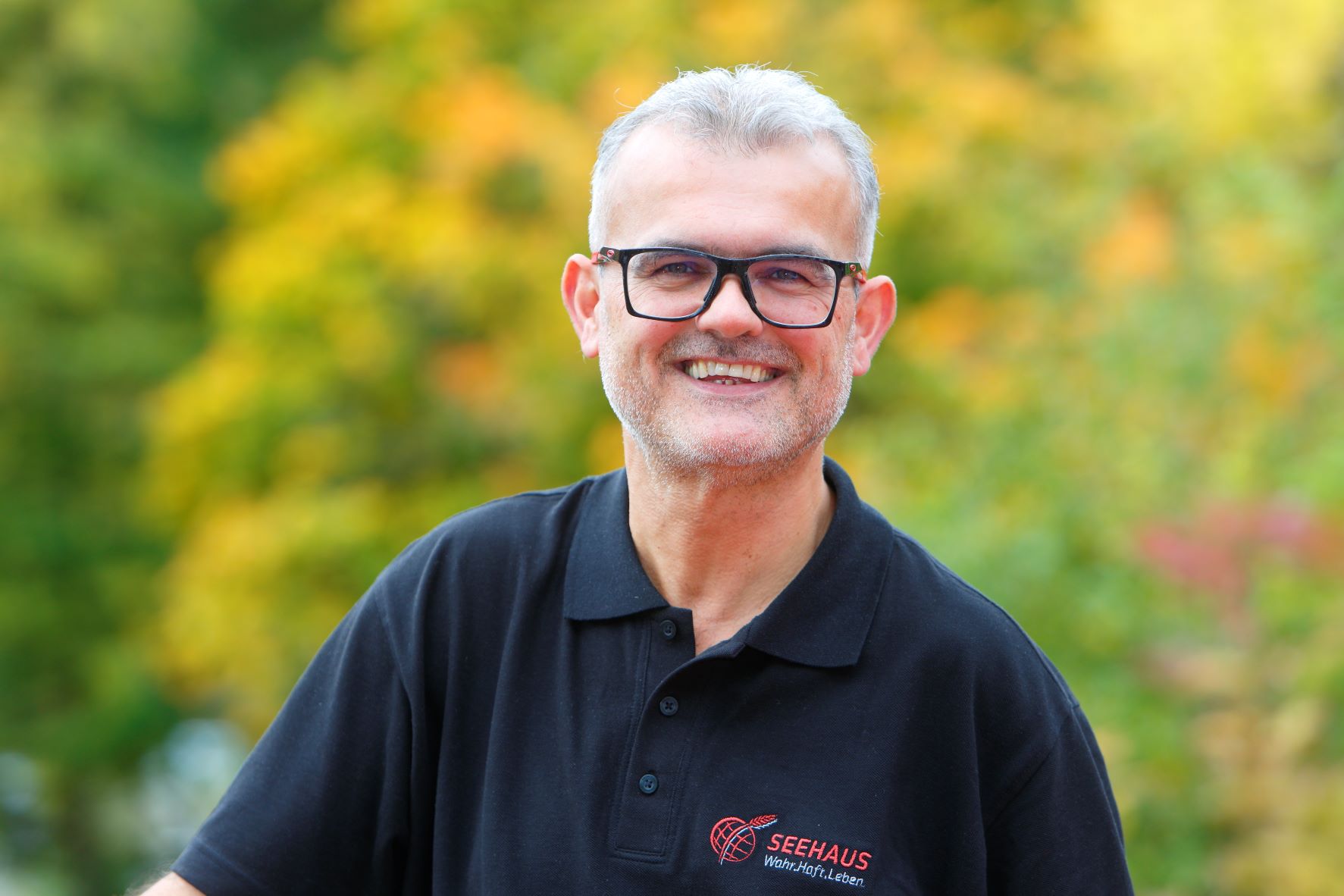
Belgium formed a new government in September 2020. Exciting times for organisations that want

RESCALED is a European network organisation with members in seventeen countries: Austria, Belgium, Croatia, the Czech Republic, Estonia, Finland, France, Germany, Italy, Ireland, Kosovo, Malta, the Netherlands, Norway, Portugal, Romania and Spain. RESCALED has national offices in six countries: Belgium, the Czech Republic, Germany, the Netherlands, Norway and Portugal. In each country, different national offices, members and partner organisations are supporting the implementation of detention houses in their own way.
RESCALED is a European network organisation with members in seventeen countries: Austria, Belgium, Croatia, the Czech Republic, Estonia, Finland, France, Germany, Italy, Ireland, Kosovo, Malta, the Netherlands, Norway, Portugal, Romania and Spain. RESCALED has national offices in six countries: Belgium, the Czech Republic, Germany, the Netherlands, Norway and Portugal. In each country, different national offices, members and partner organisations are supporting the implementation of detention houses in their own way.

The basecamp of RESCALED-NL is Restorative Justice Netherlands (RJN). RJN is the Dutch innovation and knowledge center for restorative justice. Together with team members Elsbeth and Gert Jan, Veronique coordinates activities, like livestreams, knowledge-workspaces, etc.
Ulrich Weinhold coordinates the Germany Office of RESCALED. It is based at Seehaus eV, a non-profit association that works in the field of youth welfare, crime prevention and victim support.
Bauke
and Marlies coordinate RESCALED in Belgium, in collaboration with Hans Claus
and Manu Pintelon. They work at De Huizen, an NGO and knowledge center engaging
in lobbying for and creating of small-scale, differentiated and
community-integrated detention houses.
The basecamp of RESCALED-NL is Restorative Justice Netherlands (RJN). RJN is the Dutch innovation and knowledge center for restorative justice. Together with team members Elsbeth and Gert Jan, Veronique coordinates activities, like livestreams, knowledge-workspaces, etc.
RESCALED activities in the Czech Republic are coordinated by Lenka Ourednicková and Jana Smiggels Kavková who both work for the NGO RUBIKON Centrum.
Fabian and Celine coordinate the Norway office of RESCALED, in collaboration with Johan. They work at Wayback, an organisation which supports formerly incarcerated people with their reintegration in society.
Ulrich Weinhold coordinates the Germany Office of RESCALED. It is based at Seehaus eV, a non-profit association that works in the field of youth welfare, crime prevention and victim support.
RESCALED activities in the Czech Republic are coordinated by Lenka Ourednicková and Jana Smiggels Kavková who both work for the NGO RUBIKON Centrum.
Fabian and Celine coordinate the Norway office of RESCALED, in collaboration with Johan. They work at Wayback, an organisation which supports formerly incarcerated people with their reintegration in society.
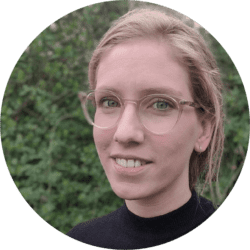
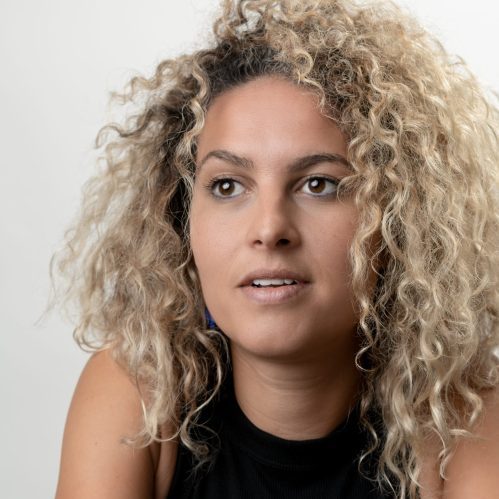
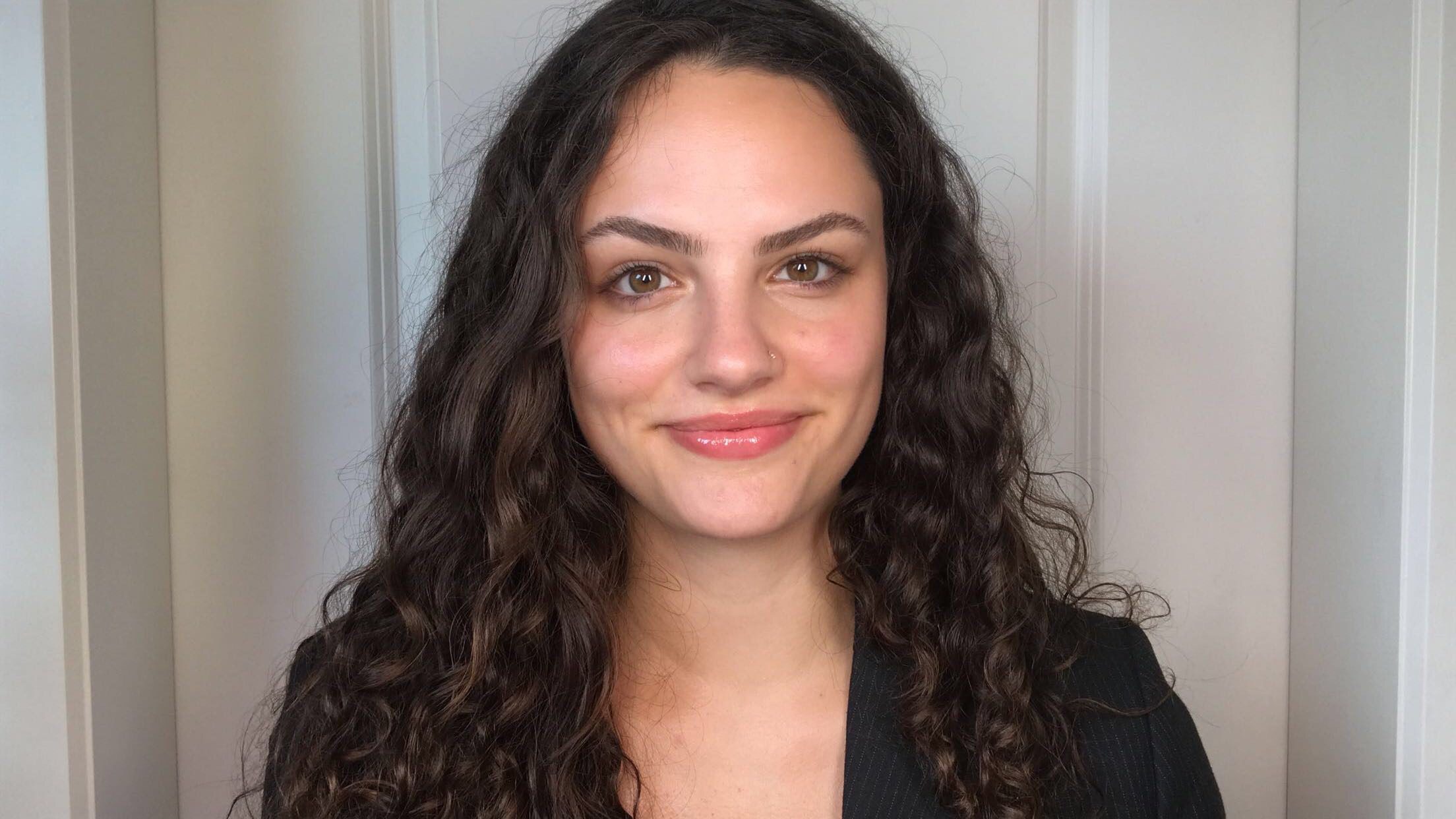
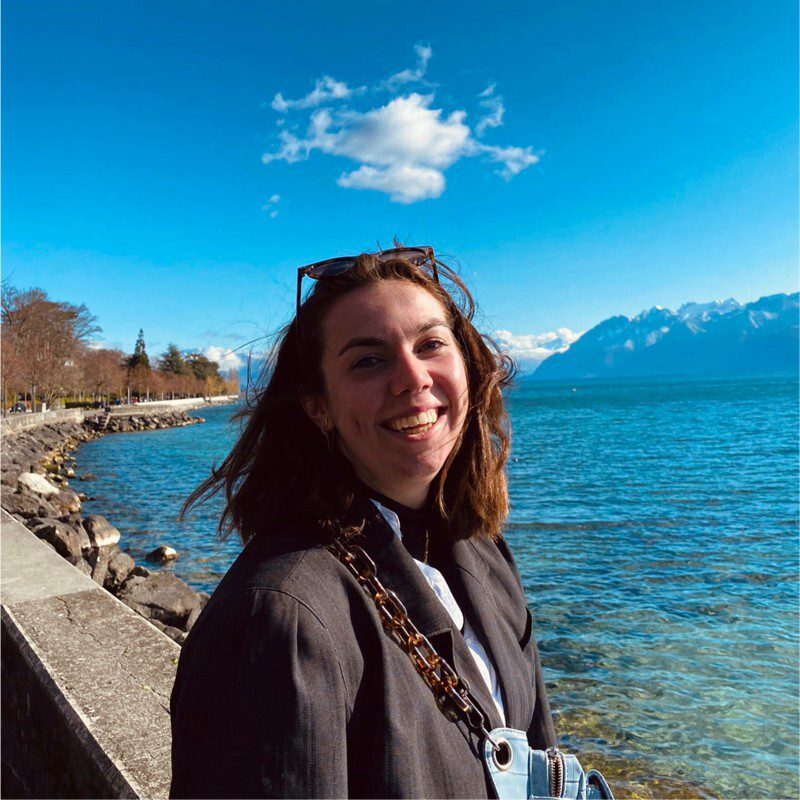




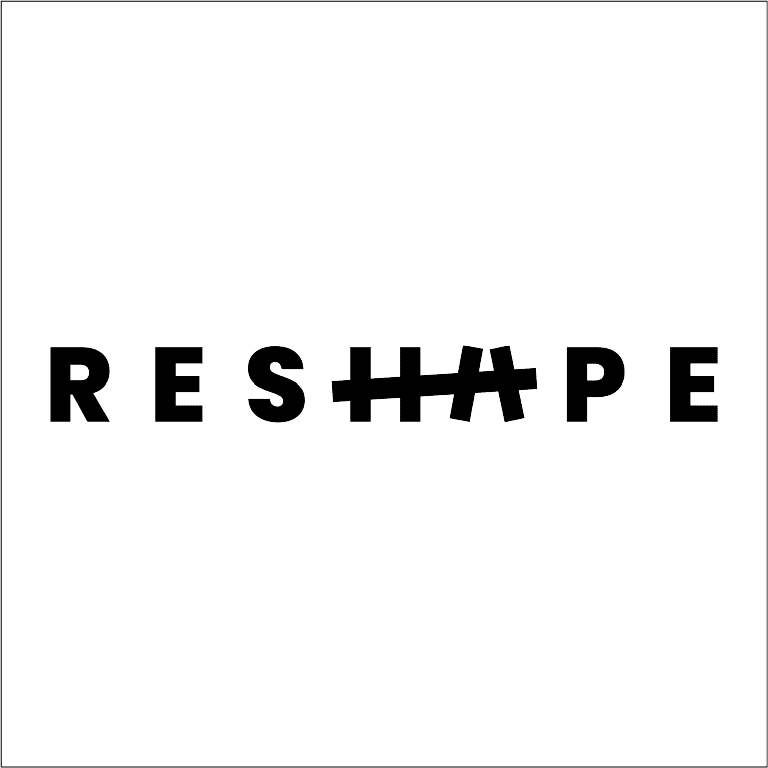
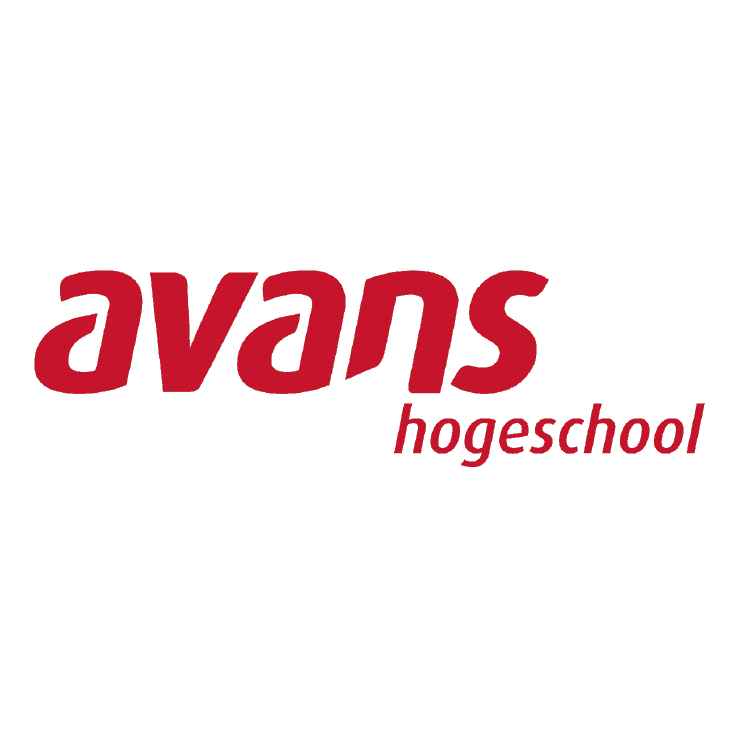

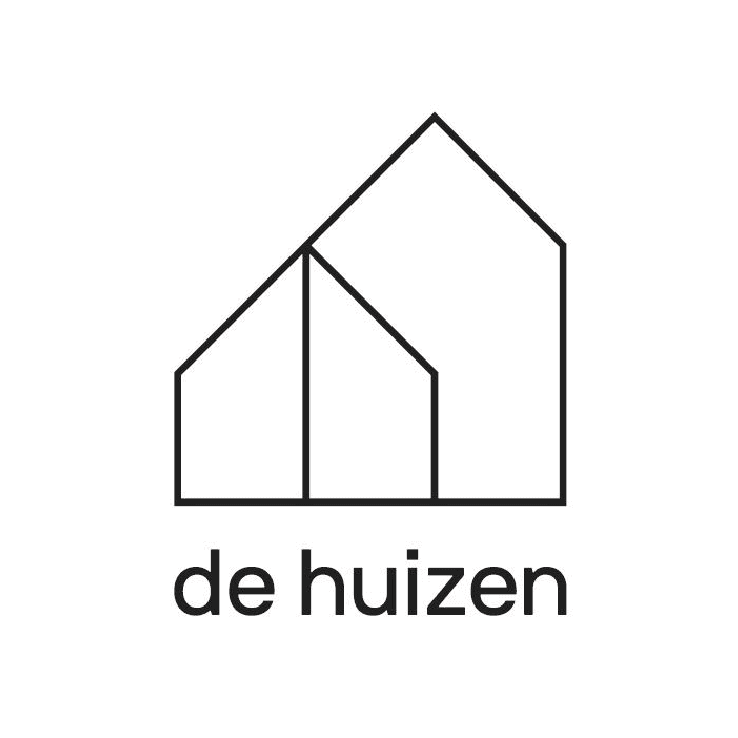



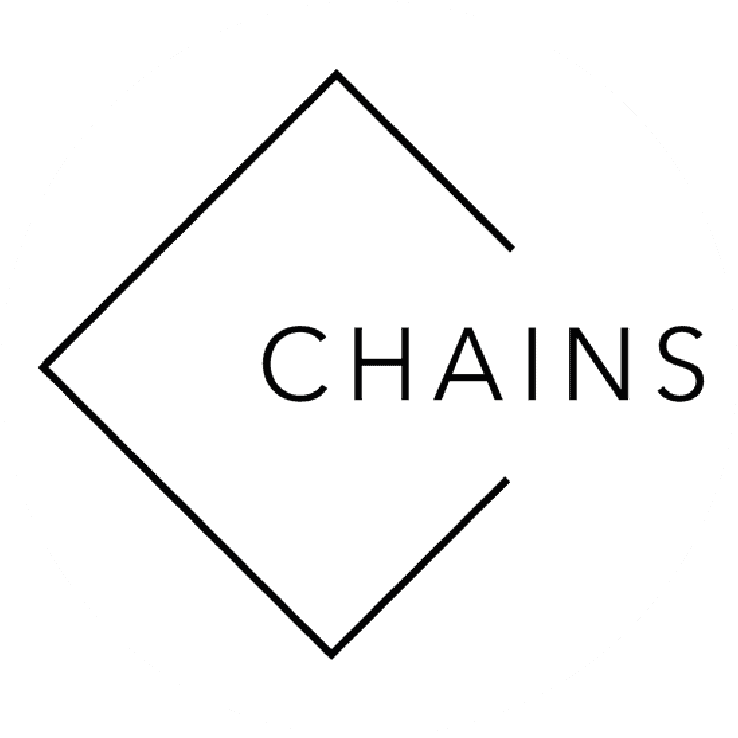

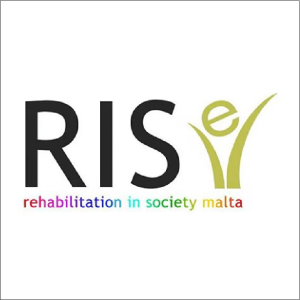
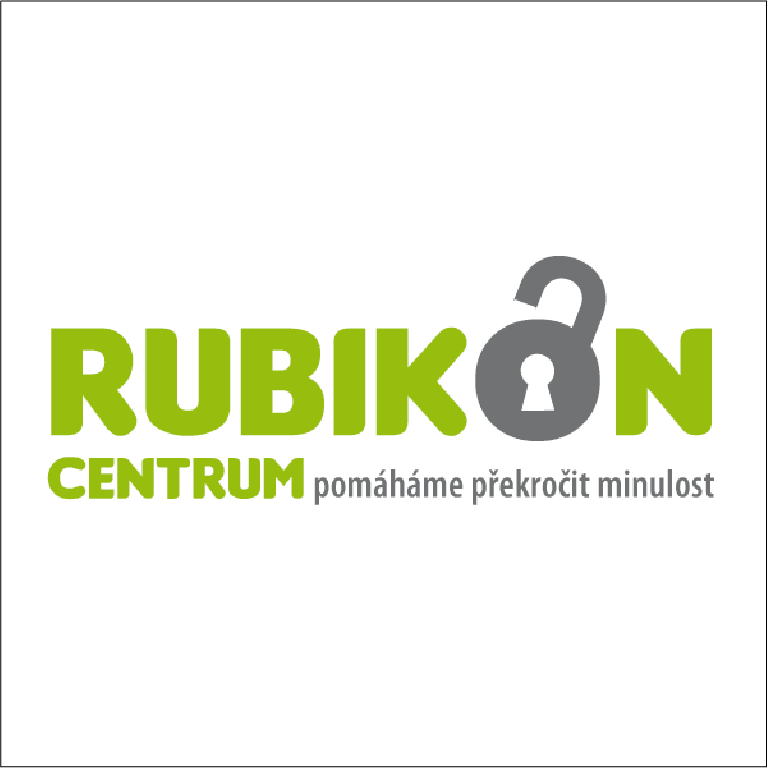
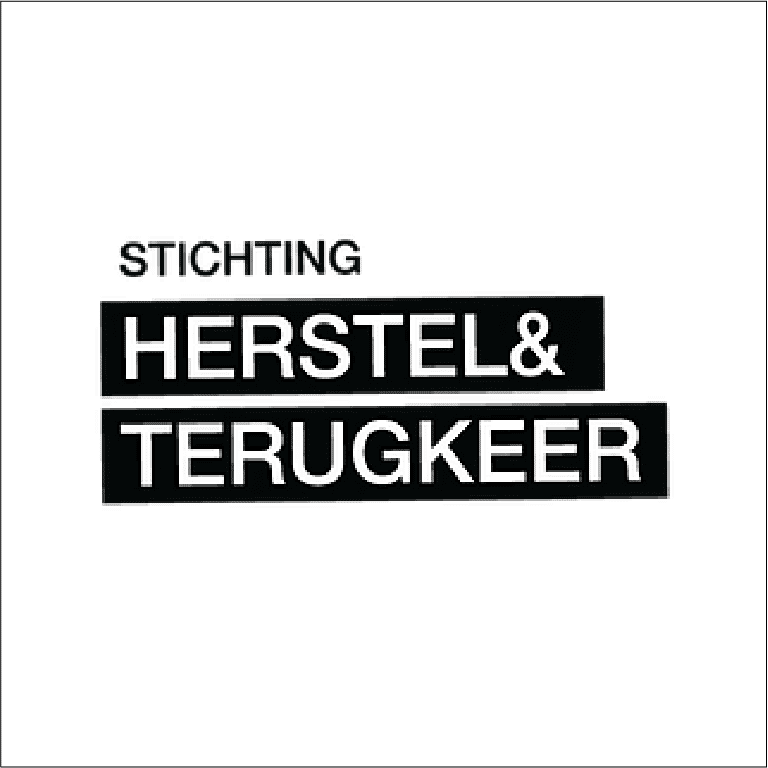
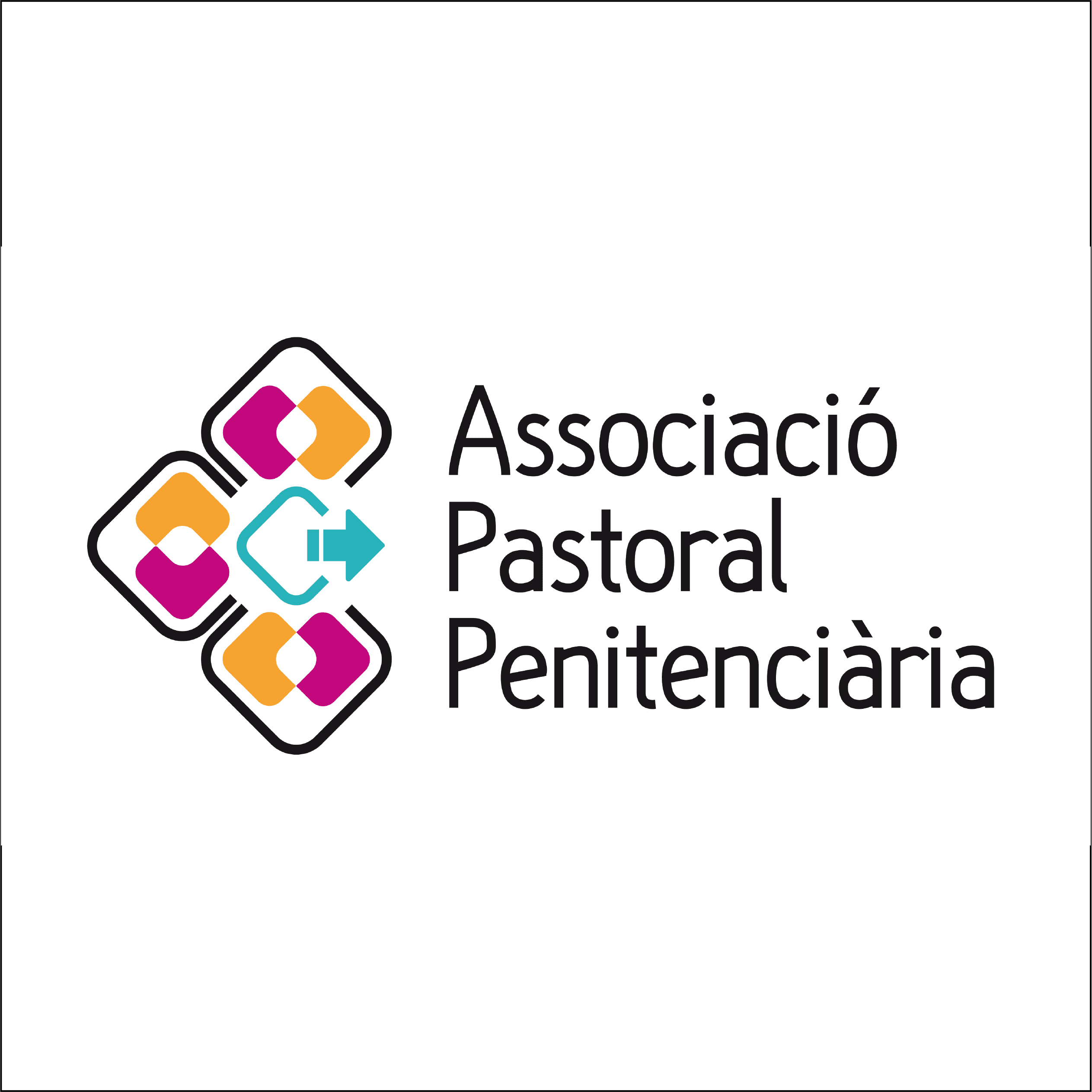
© 2024 All rights reserved by rescaled

Bauke and Marlies coordinate RESCALED in Belgium, in collaboration with Hans Claus and Manu Pintelon. They work at De Huizen, an NGO and knowledge center engaging in lobbying for and creating of small-scale, differentiated and community-integrated detention houses.
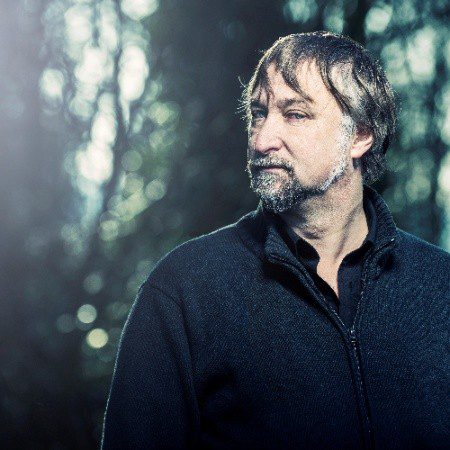
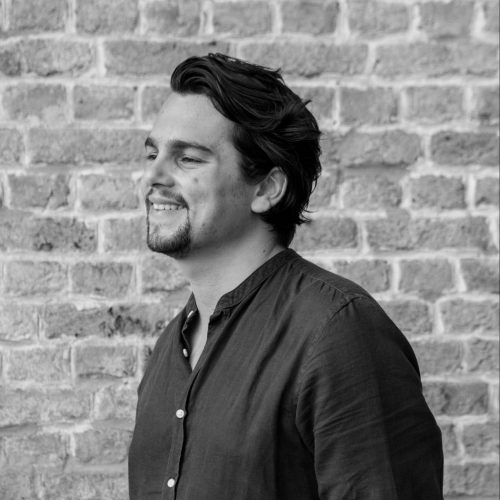
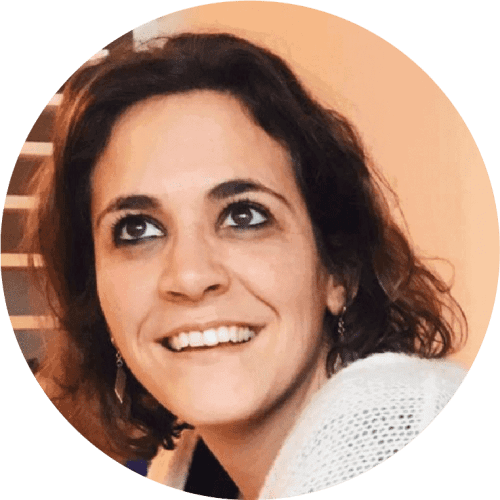
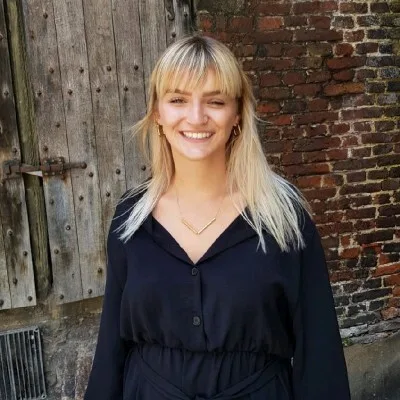

Belgium formed a new government in September 2020. Exciting times for organisations that want


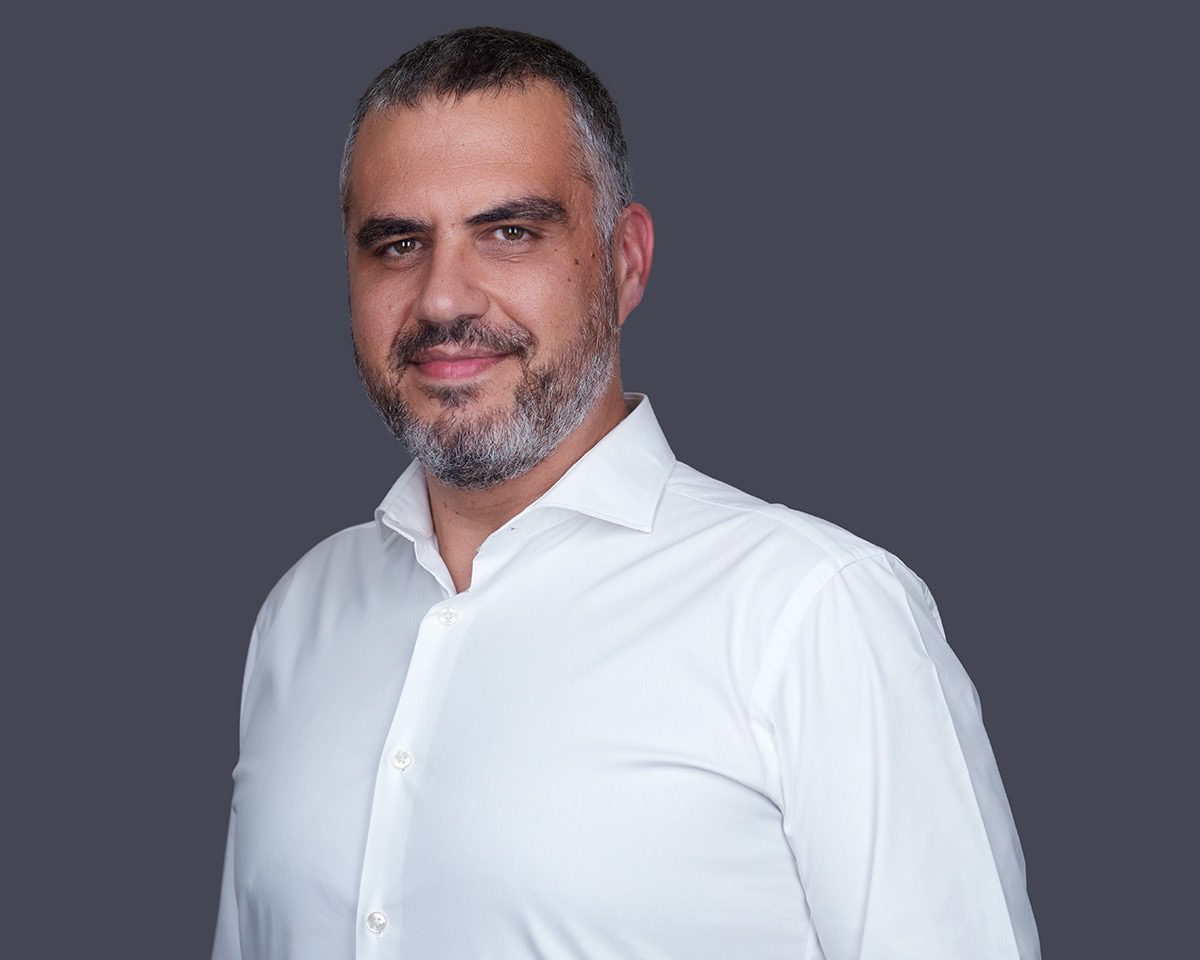


In Coucy-le-Château-Auffrique, about a two-hour drive from the heart of Paris, there is a homestead

The basecamp of RESCALED-NL is Restorative Justice Netherlands (RJN). RJN is the Dutch innovation and knowledge center for restorative justice. Together with team members Elsbeth and Gert Jan, Veronique coordinates activities, like livestreams, knowledge-workspaces, etc.

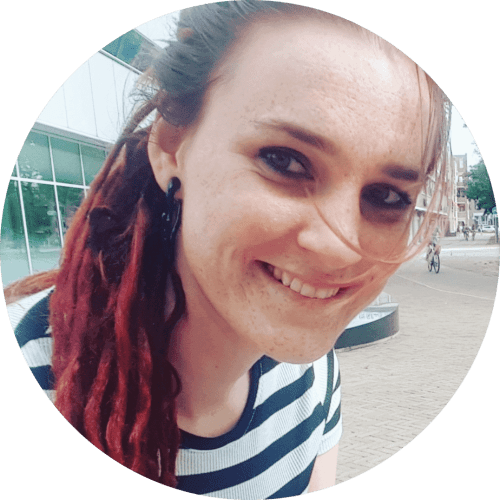
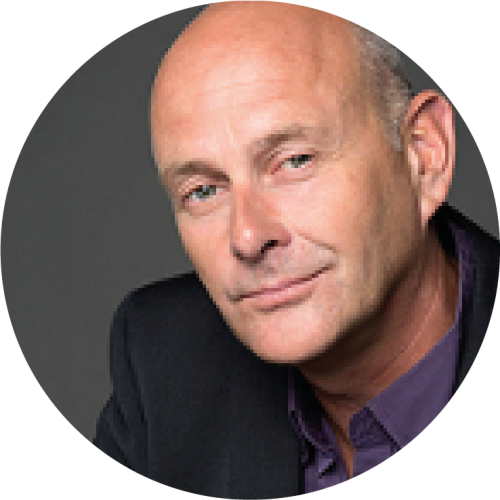
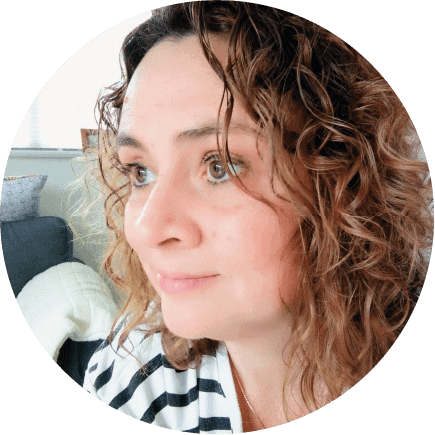

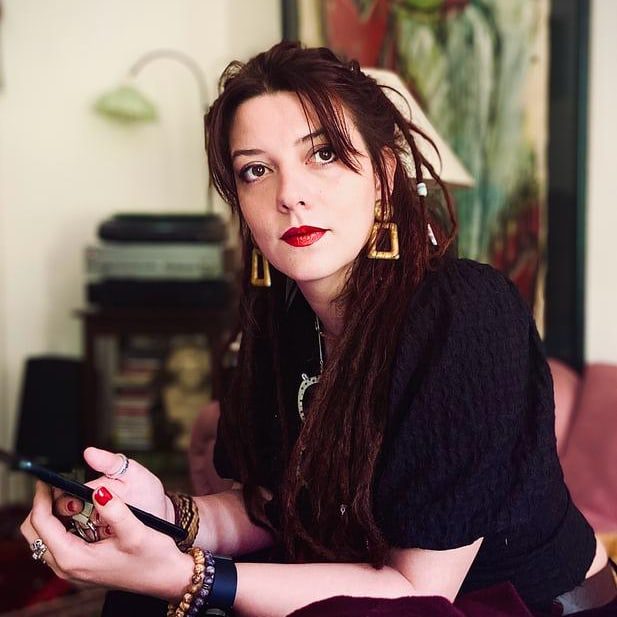


A virus has changed our world from one day to the next. Things that we

RESCALED activities in the Czech Republic are coordinated by Lenka Ourednicková and Jana Smiggels Kavková who both work for the NGO RUBIKON Centrum.
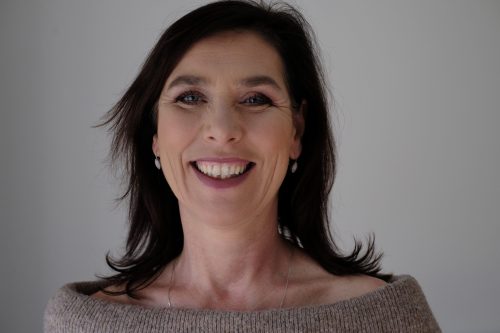
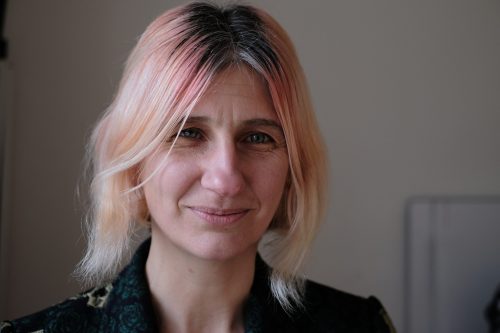
Fabian and Celine coordinate the Norway office of RESCALED, in collaboration with Johan. They work at Wayback, an organisation which supports formerly incarcerated people with their reintegration in society.
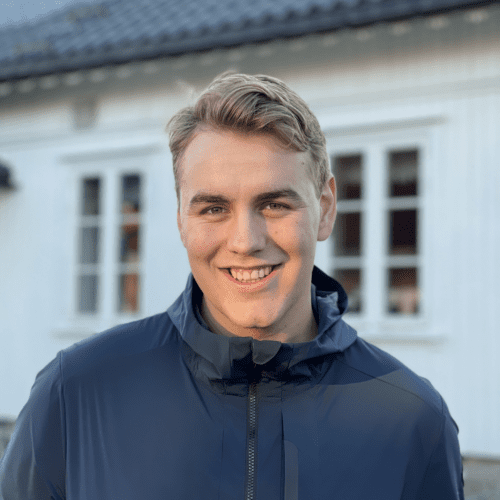
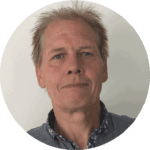
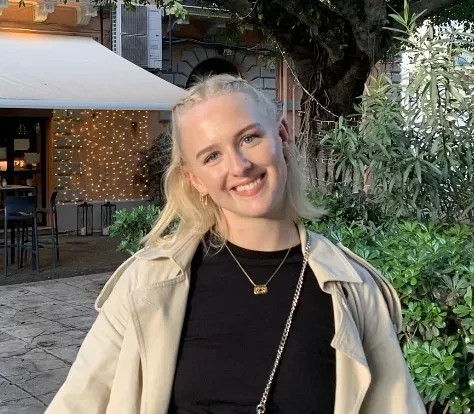
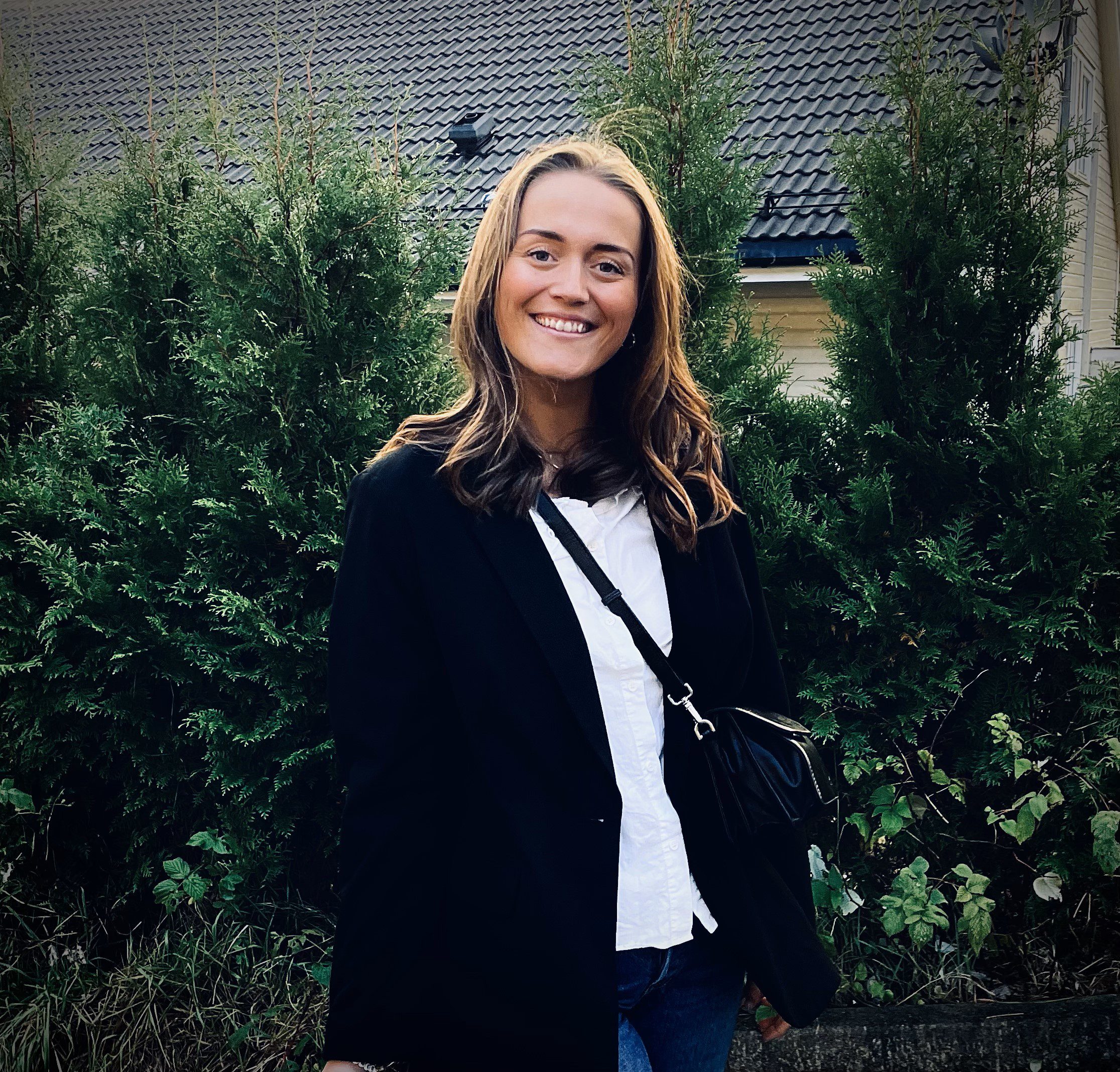
Ulrich Weinhold coordinates the Germany Office of RESCALED. It is based at Seehaus eV, a non-profit association that works in the field of youth welfare, crime prevention and victim support.
